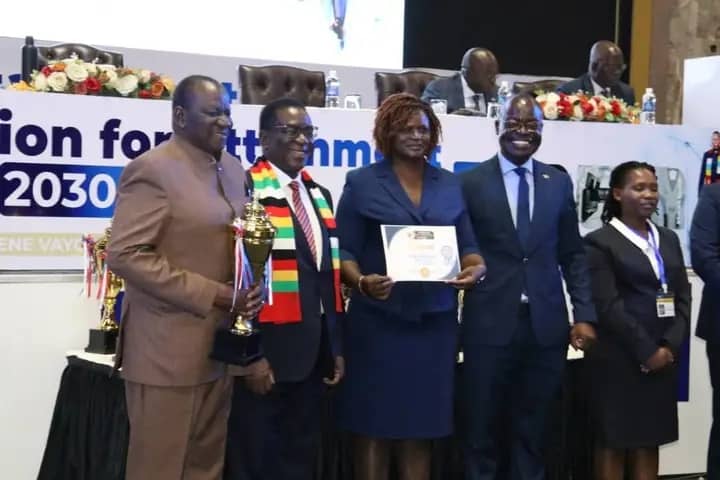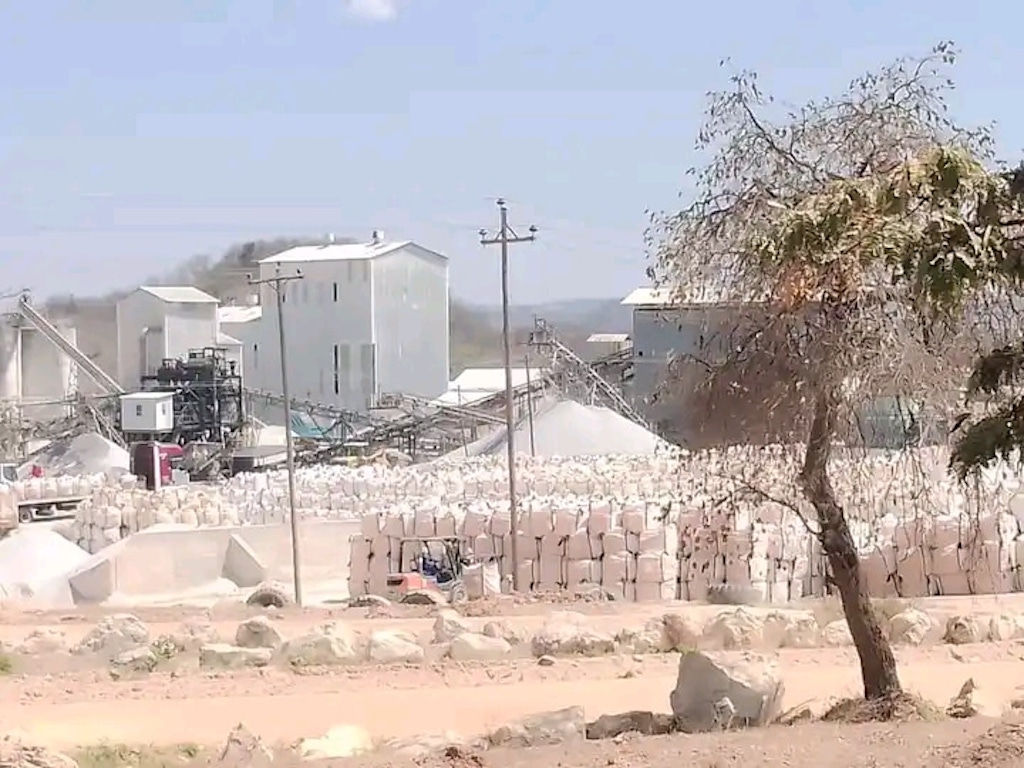Rutendo Chirume
The Great Zimbabwe University (GZU) has been named the Best Innovating University, and Best Innovator in Agriculture during the Presidential Innovation Fair held in Harare on September 18, 2024.
GZU was awarded US$10 000, a trophy and a certificate for being the Best Innovating University, and US$5 000, a trophy and a certificate for being the Best Innovator in Agriculture.
The Presidential Innovation Fair is an event that brings tertiary institutions from across the country to exhibit their progress in science, technology and innovations driven by Education 5.0.
The awards were a recognition of GZU’s strides towards heritage-based Education 5.0.
Education 5.0 emphasises that teaching should not be an end unto itself, but should be followed by research and community service, leading to innovation and industrialisation. It is heritage-based development philosophy which emphasises that development should be based in the country’s natural endowments.
GZU Director of Information and Public Relations Anderson Chipatiso told EnviroPress that the awards testified to the huge research and innovation effort that the University was making towards industrialisation in line with Vision 2030.
“We are happy that GZU has been recognised with those prizes and we feel honoured. It shows that our students and staff are working very hard towards achieving Vision 2030 through research and innovation in line with Education 5.0. We will keep working hard and thinking outside the box to remain the best,” said Chipatiso.
Besides the Innovation Hub which assesses, incubates and develops innovative ideas by staff, students and members of the wider community, the university has established the Innovation Centre of Excellence in Drylands Agriculture (ICEDA) in Chivi district.
Last year, the University launched a traditional grains contract farming programme in the Chibwedziva area of Chiredzi district as part of efforts to introduce adaptable agriculture to communities most vulnerable to the effects of climate change.
Under the programme, the university provides inputs, extension services for production of the traditional grains, and buys the grain from the farmers after harvest (read full story here)








